Diet During Pregnancy: What to Eat and What to Avoid?
A Nutritional and well-balanced diet during pregnancy plays a crucial role. A healthy meal plan for pregnant women has an intense impact on the health of both the mother-to-be and the developing baby because the primary source of nutrition for the developing baby is the food that you consume during pregnancy. So, it is important to keep in mind that a pregnancy diet must contain various types of healthy food items that are rich in protein and vitamins to maintain the good health of both of you and the growth of your developing baby.
When it comes to nutrition during pregnancy, deciding what to eat and what to avoid is challenging. To know the best food during pregnancy and the right doses of vitamins and protein, consult the best gynecaologist near you. In this blog, we will look into the essential requirement of a well-balanced diet for mothers during pregnancy.
What to Eat during Pregnancy?
Pregnancy is a phase of a woman's life, in which she experiences changes not just physically but in terms of dietary needs also. To ensure the good health of you and your baby, the gynecologist usually recommends a specific meal plan for a pregnancy diet according to your health conditions.
The best food during pregnancy is crucial to have a healthy baby. There are a variety of foods that are necessary to include in a nutritional and healthy pregnancy diet such as:
-
Fruits and vegetables: Fruits and vegetables are rich sources of vitamins, minerals, and fiber. For a healthy pregnancy, consuming fruits and vegetables is essential. So, your gynecologist will suggest you include a variety of fruits and vegetables into your meal plan for a pregnancy diet. The nutritious fruits to eat during pregnancy include Orange, Mango, Avocados, Bananas, Lemon, Apple, and Berries. These fruits not only offer you the sweetness you crave but also the nutrition you need. Along with fruits, you may consume vegetables such as carrots, sweet potatoes, pumpkin, spinach, cooked greens, red sweet peppers, and leafy green vegetables like broccoli. to ensure a good hemoglobin supply, promote healthy bones, and prevent skin problems. But make sure to wash thoroughly before use to remove harmful bacteria.
-
Whole grains: Whole grains are rich in complex carbohydrates, fiber, Vitamin B, Minerals, and other nutrients. During pregnancy, whole grains are necessary for the growth and development of every part of the body of a developing baby. So, you must add -whole grains to your diet.
-
Lean protein: Lean protein is very important for health during pregnancy. It helps in developing and repairing tissues. So, you must add rich sources of lean protein such as meat, chicken, fish, beans, lentils, and tofu to your pregnancy diet.
-
Dairy Products: Dairy products are a rich source of various nutrients such as calcium and vitamins, which are crucial for the bones and teeth of the developing baby. To confirm whether you require low-fat dairy products, fat-free dairy products, or high-fat dairy products according to your health condition, consult with your gynecologist.
-
Healthy fats: Healthy fats are important to consume during pregnancy as they help in the development of the brain of the developing baby. So, it is important to add healthy fat foods such as avocados, nuts, seeds, etc. In your prescribed diet for pregnancy.
-
Eggs: Eggs are a rich source of protein and amino acids that help in the development of the baby. Apart from the protein and amino acids, It is a good source of beneficial vitamins and minerals. So, it's important to add eggs to your diet during pregnancy to prevent the abnormal development of the spine and brain of the baby.
-
Water: During pregnancy, hydration is essential for you and your baby. Water helps maintain the amniotic fluid around the fetus, helps in better digestion, and reduces the risks of Urinary tract infection. So, it is advisable to drink at least 8-11 glasses of water daily during pregnancy.
While there are a wide variety of foods you can choose from to have good nutrition during pregnancy.
Now we will explore some food that is best to avoid when pregnant.
Foods to Avoid During Pregnancy
To ensure the well-being and safety of both you and your developing baby, there are some specific types of foods that you should avoid during pregnancy.
-
Raw or Under-cooked Eggs/ Meat/ Seafood: During pregnancy say no to runny, raw, or under-cooked eggs as they can potentially carry the risk of salmonella, which could be harmful to both you and your developing baby.
-
Seafood such as fish is a rich source of omega-3 fatty acids but it is not good for pregnant women because of its potential mercury content.
-
Raw or undercooked meat can be contaminated with bacteria that can cause serious complications during pregnancy.
-
Unpasteurized Dairy Products: Unpasteurized dairy products such as milk and blue cheese etc. can contain harmful bacteria which poses a risk to both you and your developing baby. So, your doctor may advise you to avoid unpasteurized dairy products.
-
Raw Sprouts: Raw sprouts can foster bacteria such as salmonella and E. coli. These harmful bacteria can cause risks to pregnant women and their developing babies. so, it is advisable to avoid raw sprouts including alfalfa, mung bean, and clover sprouts, etc., in your pregnancy diet. As a safer alternative, it is good to consume cooked sprouts.
-
Processed Junk Food: Processed junk foods can increase the amount of a toxic substance called acrylamide. So, it is good to avoid adding processed junk food to your diet during pregnancy to protect your developing baby from harmful effects.
-
Caffeine: Caffeine tends to increase blood pressure as well and it can cross the placenta. So, it is advisable to avoid caffeine and caffeine-containing products during pregnancy.
-
Alcohol Consumption: Alcohol consumption during pregnancy can cause structural defects in the baby. So, avoid consuming alcohol, especially during the first trimester.
Conclusion:
It is important to remember that in an amazing journey of pregnancy, your dietary choices can directly influence the health of your baby. By following the pregnancy dietary tips regarding the food to avoid and add to your daily meals, you can ensure that you have a healthy pregnancy and a healthy baby. Eating a healthy diet during pregnancy is the best gift you can give to your baby. So, keep your gynecologist informed about your eating choices and follow her guidelines regarding a healthy diet during pregnancy.
Miracles Apollo Cradle is the best gynecologist hospital in Gurgaon. Backed by the highly experienced and dedicated team of gynecologist doctors in Gurgaon, We offer gynecology/obstetrics services from gynecology health issues to normal and C-section delivery. The hospital is well-equipped with advanced technology to conduct diagnostic and treatment procedures.
Our experts evaluate the condition of the patients and design customized meal plans for pregnant women as per the condition of the patient to ensure the good health and safety of both mother and developing child.
For any query related to your pregnancy or meal plan for pregnancy diet, consult the best gynae doctor in Gurgaon at Miracles Apollo Cradle.
FAQ:
Which food to eat when pregnant during the first trimester?
There are a variety of food items that you can eat during the first trimester of pregnancy including fruits, vegetables, whole grains, lean proteins, iron-rich food, dairy products, etc.
Which food is not good during the first trimester?
Some food that is not good to consume during the first trimester includes raw or undercooked meat, seafood, and egg, high sugar food, processed food, junk food, caffeine, alcohol, raw sprouts, etc.
What are things to avoid during pregnancy that cause miscarriage?
There are various things to avoid during pregnancy that cause miscarriage including heavy lifting, high-stress activities, alcohol consumption, smoking, caffeine, fish, unpasteurized dairy products, etc.



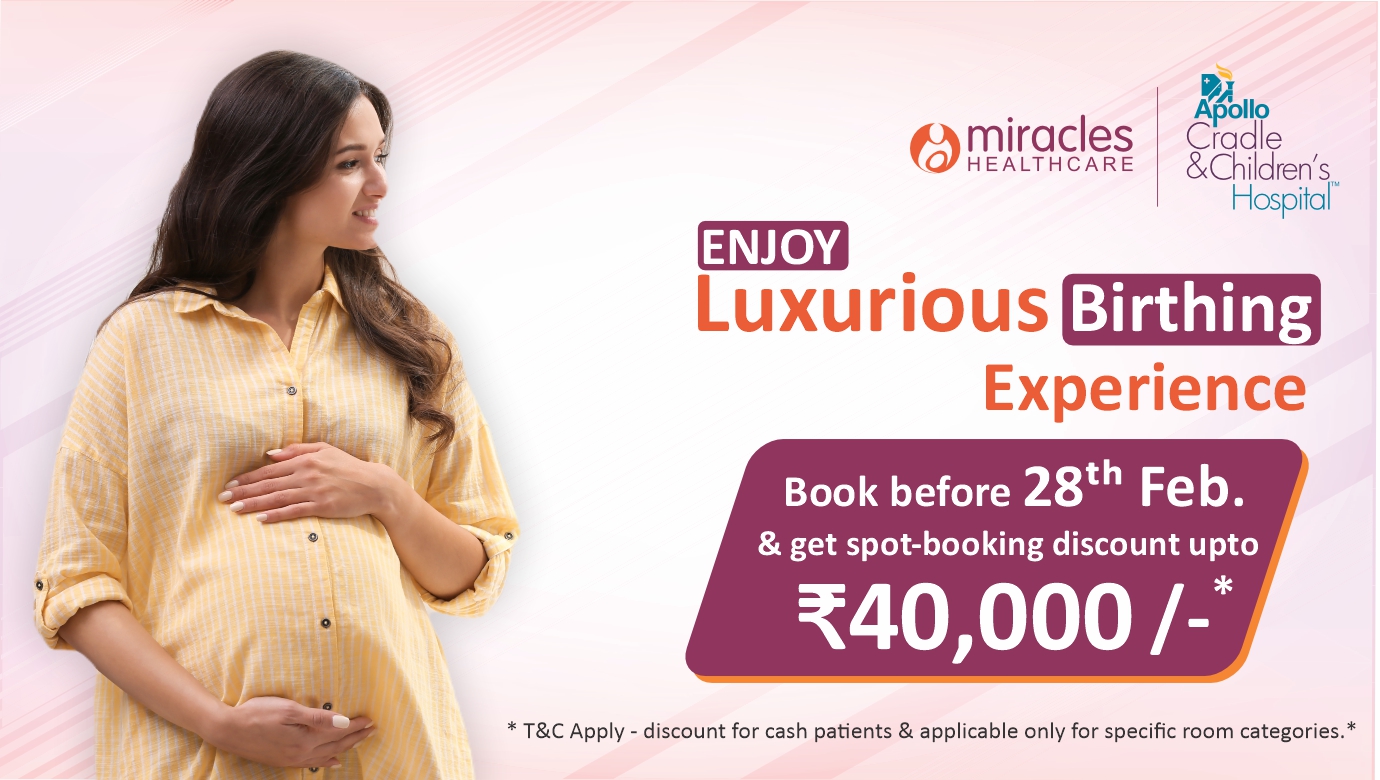
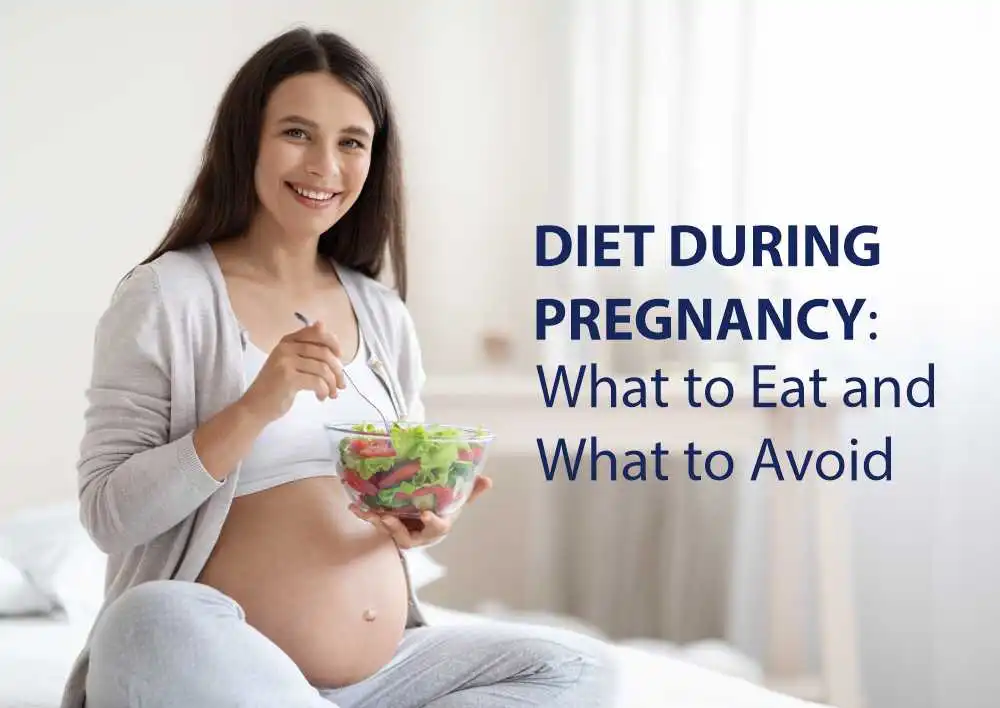

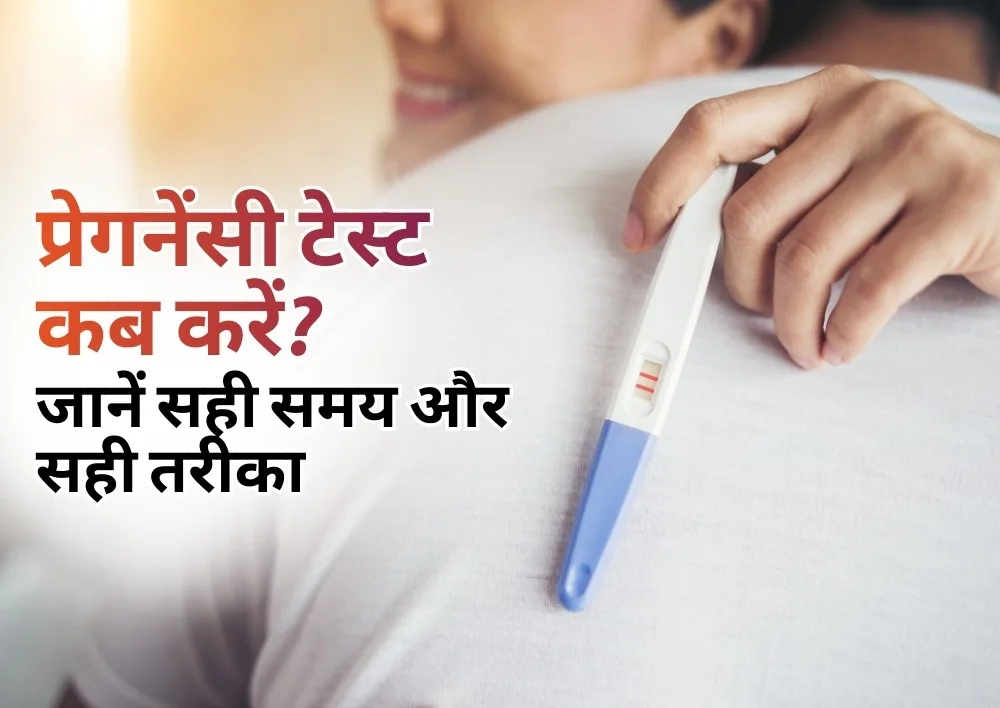
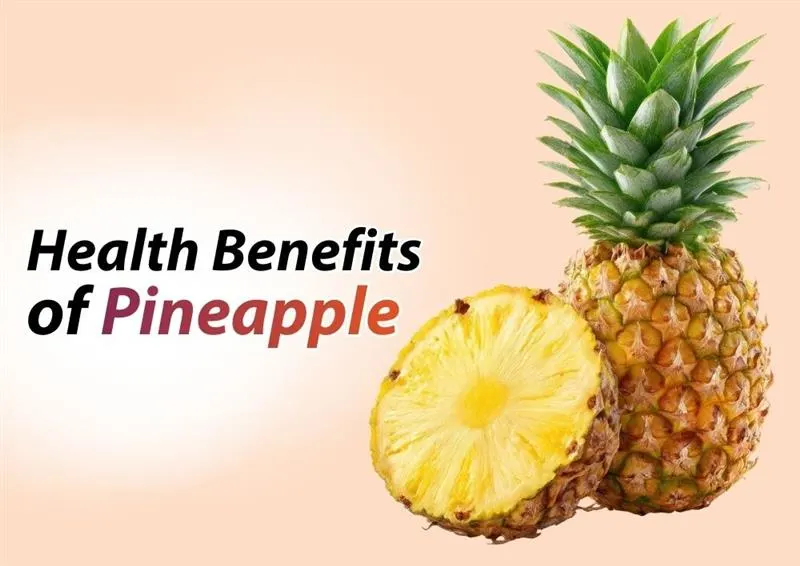
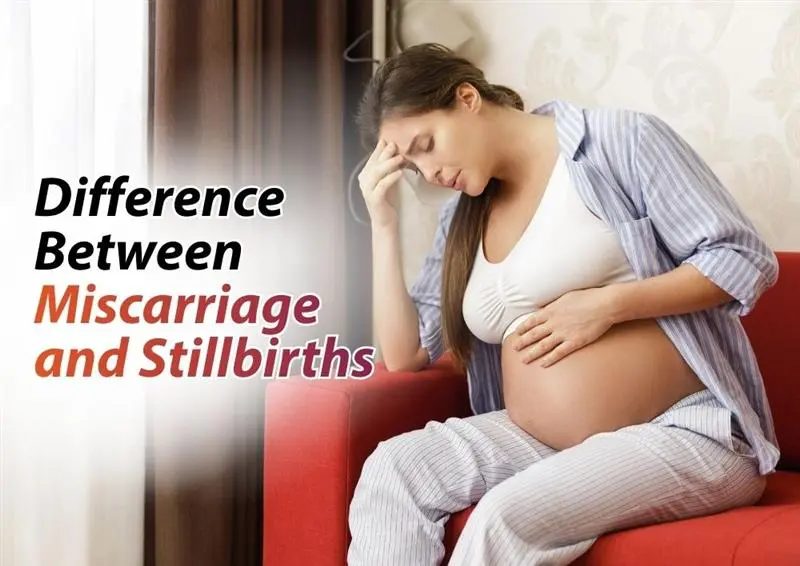
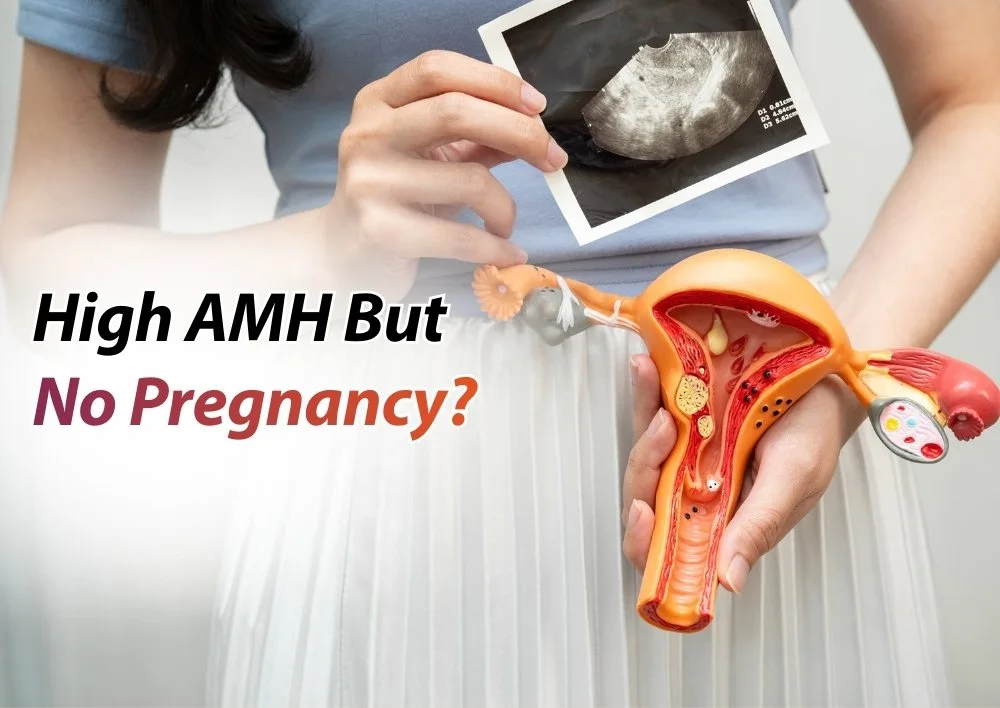
.webp)





Was the information useful?
1 0